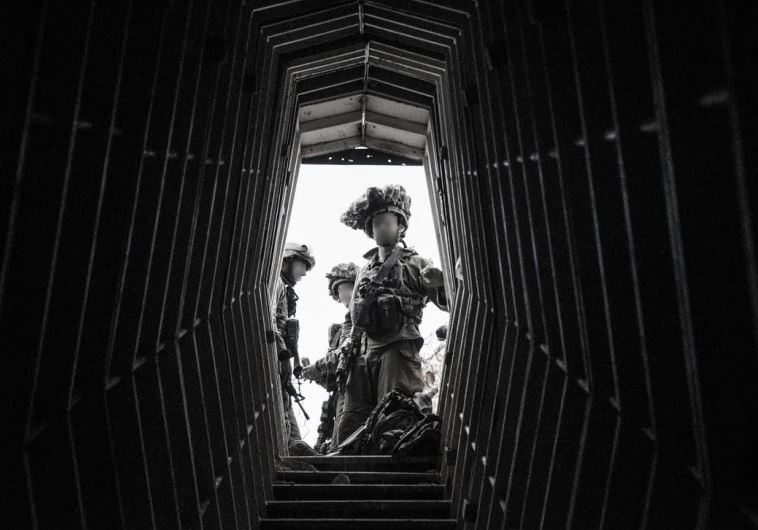Analysis: Unprepared but able to improvise
The IDF managed to destroy 31 tunnels – not because they followed a pre-arranged, trained doctrine – but because they improvised.
 Soldiers from the elite IDF Engineering Corps Yahalom unit train for tunnel warfare
Soldiers from the elite IDF Engineering Corps Yahalom unit train for tunnel warfare